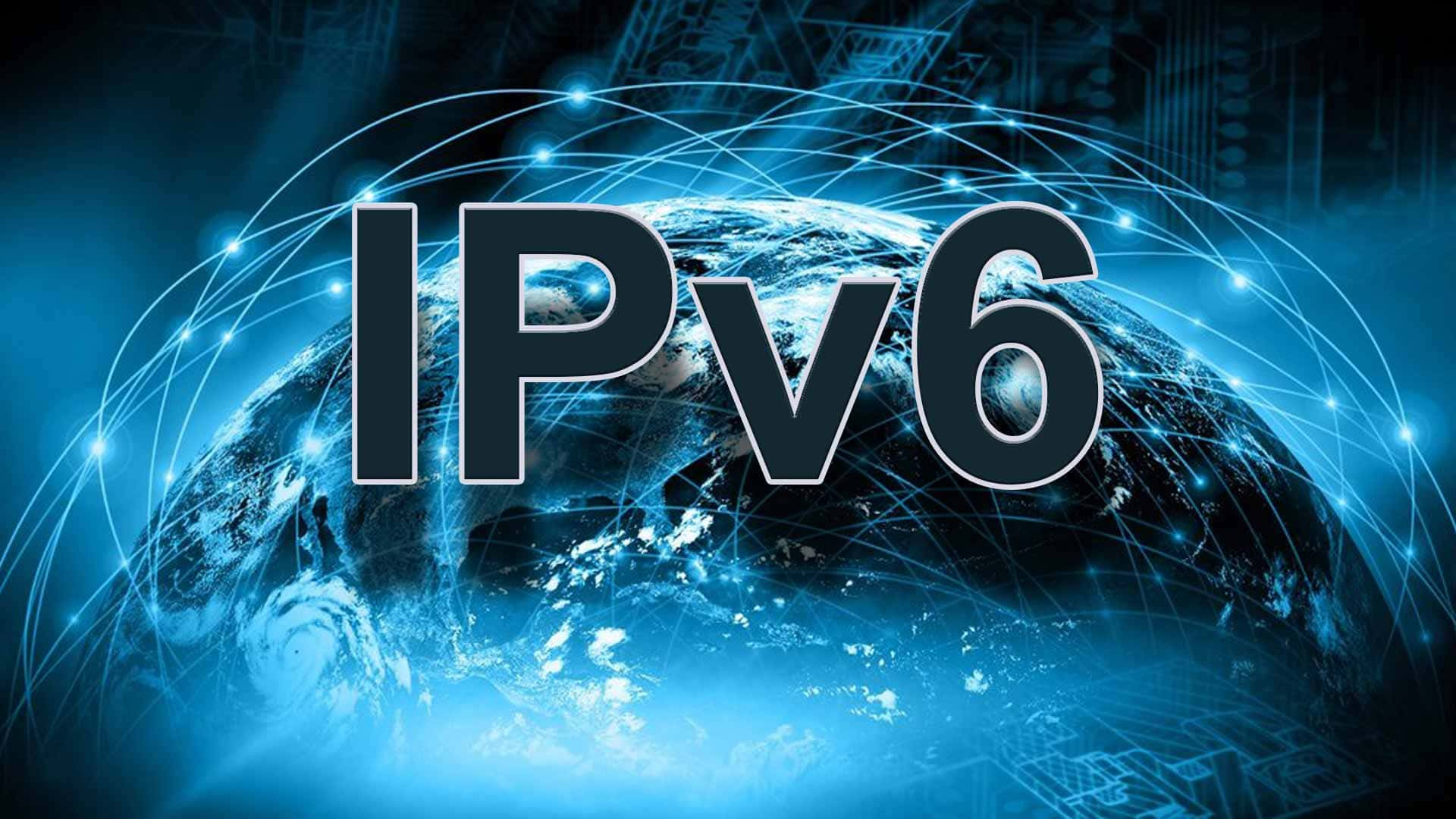
The internet has come a long way since its inception, and with the rise of the digital age, we’ve seen an increase in the number of devices connected to the internet. With this rise in connectivity comes a demand for IP addresses, which is where IPv4 and IPv6 come into play. IPv4 was the first widely used protocol for assigning IP addresses, but with the growing number of devices, IPv6 was introduced as a solution to the shortage of IPv4 addresses. In this blog, we’ll discuss why you should sell IPv4 and switch to IPv6.
Larger address space
First and foremost, IPv6 offers a larger address space than IPv4. IPv4 addresses are 32 bits long, which means there are a total of 4.3 billion unique addresses available. However, with the increasing number of devices connected to the internet, the available IPv4 addresses are becoming scarce. On the other hand, IPv6 addresses are 128 bits long, which means there are 3.4 x 10^38 unique addresses available. This is an enormous amount of addresses that will provide enough space for future devices for many years to come.
Improved security
Another advantage of IPv6 over IPv4 is improved security. IPv6 includes built-in security features such as IPsec, which encrypts data packets, and a feature called Secure Neighbor Discovery (SEND), which protects against certain types of network attacks. With IPv4, security features need to be added separately, which can be a tedious and expensive process.
Better performance
IPv6 also offers better performance than IPv4. IPv6 uses a simplified header structure, which reduces the overhead and processing time required to transmit data packets. This results in faster and more efficient transmission of data packets, which is especially important for time-sensitive applications like online gaming or video streaming.
Economic benefits
In addition to the technical advantages, there are also economic benefits to selling IPv4 and switching to IPv6. IPv4 addresses are becoming scarce, which means their value is increasing. By selling your IPv4 addresses, you can earn a significant amount of money, which canbe invested in upgrading your network infrastructure and transitioning to IPv6. Additionally, switching to IPv6 can reduce costs in the long run as it eliminates the need to purchase IPv4 addresses at inflated prices.
Moreover, many internet service providers (ISPs) and technology companies are already moving towards IPv6. This means that if you don’t make the switch, you may face compatibility issues with other networks and devices in the future. By adopting IPv6 now, you can ensure seamless connectivity and compatibility with other networks and devices that are already using IPv6.
It’s worth noting that transitioning to IPv6 may require some initial investment and reconfiguration of network infrastructure. However, many companies and organizations have already successfully made the transition, and there are resources and tools available to assist with the process.
In conclusion, the benefits of IPv6 over IPv4 are clear. IPv6 provides a larger address space, improved security, better performance, and long-term economic benefits. With the growing number of devices and demand for IP addresses, it’s important to make the switch to IPv6 sooner rather than later to ensure seamless connectivity and compatibility with other networks and devices. So sell IPv4, invest in IPv6, future-proof your network infrastructure and stay ahead of the game in the ever-evolving digital age.

